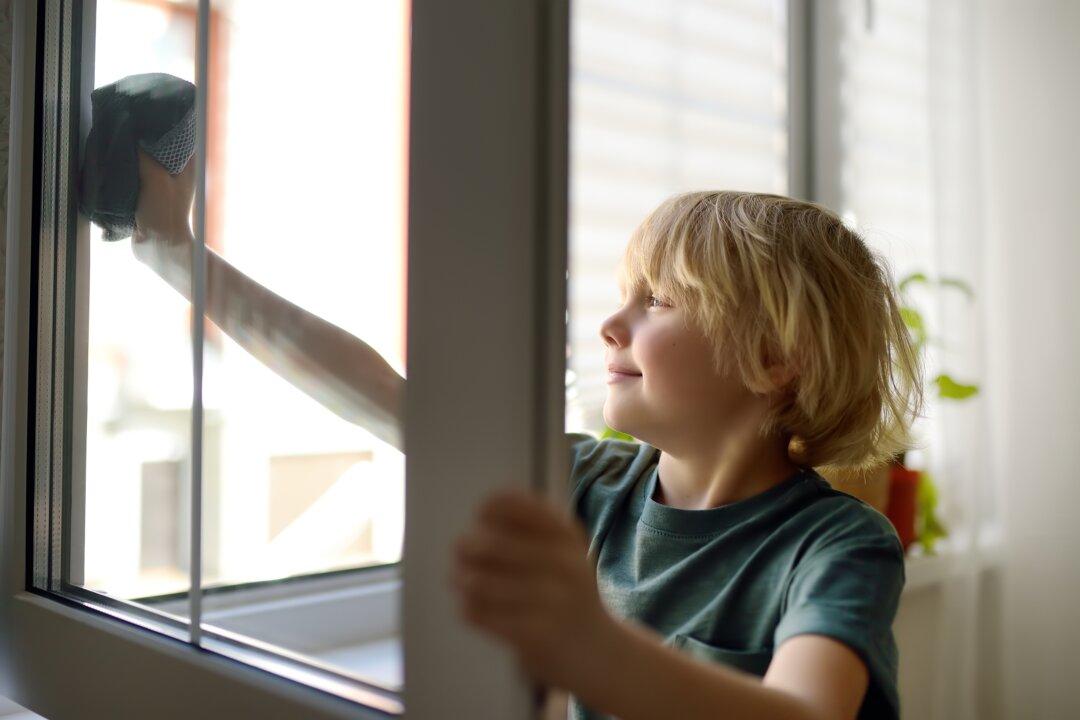For the third time, you start unloading the dishwasher. A few more plates find their home in the cupboard before the cries of the toddler in the other room shatter the silent sanctuary you foolishly attempted to construct. Again.
You hurry to the adjoining room. His tower of blocks has again betrayed him with diabolical malfeasance, collapsing into hopeless ruin—much like your hopes of completing any housework. What to do?






